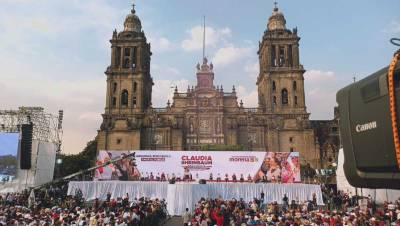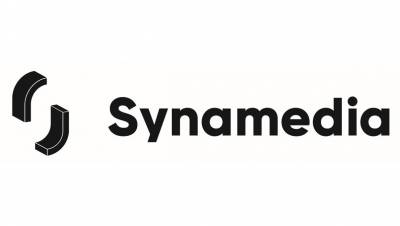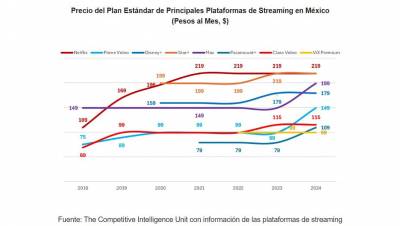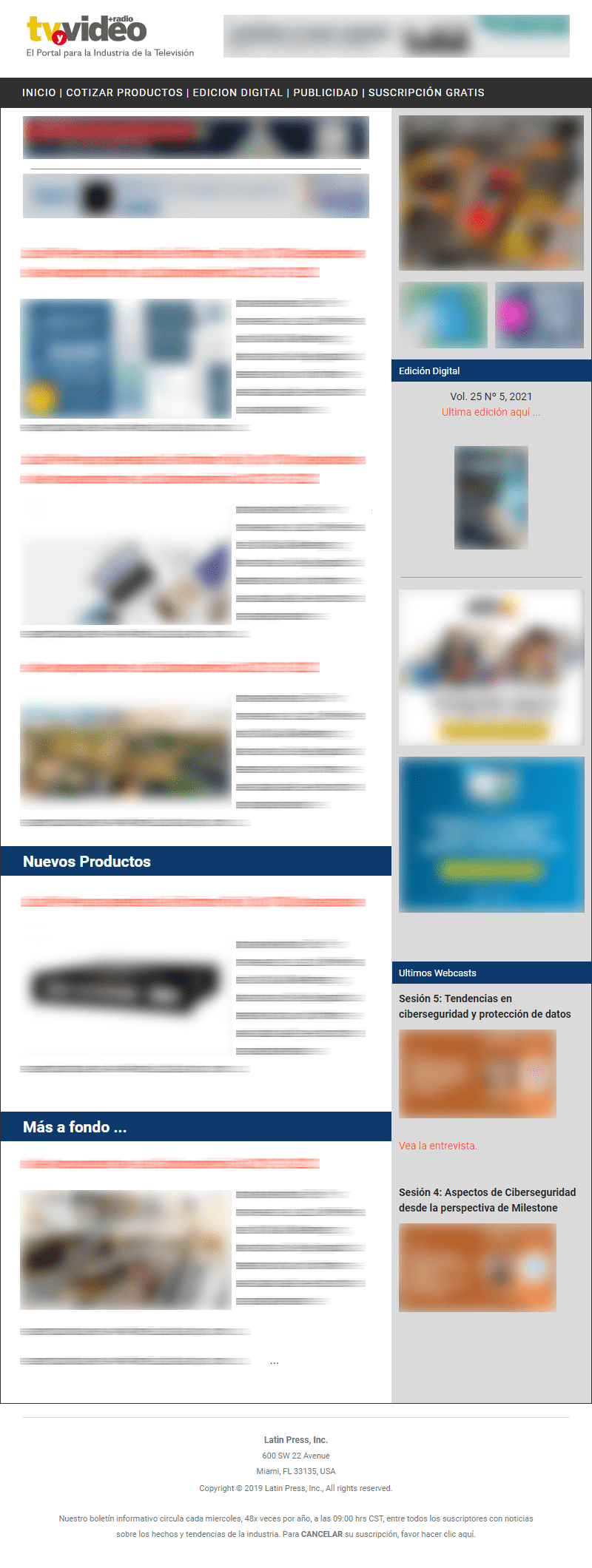 Cuba. On August 17, the Cuban government issued Decree Law 35, which dictates new regulations for the telecommunications sector, including the internet and radio, as well as the government's response to "cybersecurity incidents." Human Rights Watch, HRW, warned of the possible scope of this Decree-Law.
Cuba. On August 17, the Cuban government issued Decree Law 35, which dictates new regulations for the telecommunications sector, including the internet and radio, as well as the government's response to "cybersecurity incidents." Human Rights Watch, HRW, warned of the possible scope of this Decree-Law.
According to the NGO's pronouncement, "The decree, which claims to have the objective of "defending" the Cuban revolution, requires telecommunications providers to interrupt, suspend or cancel their services when a user publishes information that is "false" or that affects "public morality" and respect for public order."
Some of the excerpts from HRW's pronouncement are:
Under Decree-Law 35, telecommunications users are obliged to prevent the dissemination of "false reports or news". They are also prohibited from using these services in a way that affects a number of broad and vague categories, such as "collective security", "the general welfare", "public morality" or "respect for public order".
Telecommunications providers, including internet, telephone services and online applications, have a duty to "interrupt", "suspend" or "terminate" their services when users violate these duties. These providers can be fined or lose their license if they do not comply with the obligations set forth in the decree.
Under international human rights law, laws may only limit the rights to freedom of expression and assembly where this is necessary and proportionate to achieve a legitimate objective, such as the protection of national security or the rights of others. Decree-Law 35 contains many vague and vague provisions that are inconsistent with international human rights law and could easily be used to violate human rights, either on a large scale or with targeted attacks on government critics, Human Rights Watch said.
On the other hand, Decree-Law 35 also constitutes a threat to privacy. The decree requires telecommunications providers to provide a wide range of information and services to government authorities. According to the decree, suppliers must provide security agencies with the "technical facilities and services they require" and the Ministry of Communications "the information it determines." These vague and broad obligations can allow for undue violations of the right to privacy, Human Rights Watch said.
Likewise, the resolution on "cybersecurity" published together with Decree-Law 35 contains dangerous provisions that describe content protected by freedom of expression as "cybersecurity incidents". Globally, cybersecurity generally refers to protecting against attacks the availability, confidentiality and integrity of information, as well as its underlying infrastructure. However, the new Cuban legislation treats content published online as cybersecurity incidents, including the "dissemination of false news", "defamation with an impact on the prestige of the country", messages that "incite mobilizations" or "promote social indiscipline" or that "undermine" a person's "fame" or "their own estimation".
According to the resolution, authorities of the Ministries of Communications, Interior and Revolutionary Armed Forces must take measures for the "prevention", "detection", "investigation" and "mitigation" of cybersecurity incidents, including to seek their "eradication". Officials should prioritize reacting to incidents deemed "high" or "very high" dangerous, such as "spreading fake news" or messages that "promote social indiscipline."
The new Cuban legislation does not clearly indicate how it is intended to "detect" or "eradicate" alleged "cybersecurity incidents." But preventing and eradicating certain types of content would require widespread monitoring and filtering, which inevitably leads to overly broad censorship and surveillance, Human Rights Watch said.
As Human Rights Watch has noted, several countries globally have passed similar rules on "cybercrime" and "cybersecurity" that have unduly restricted human rights and have been used to persecute journalists, human rights defenders, technology experts, opposition politicians, and artists.
For example, in March 2020 Russia approved Article 207.1 of the Criminal Code, which punishes with up to three years of deprivation of liberty anyone who "publicly disseminates information known to be false in circumstances that threaten the lives and safety of citizens." In October 2020, the National Assembly of Nicaragua approved a cybercrime law that criminalizes anyone who "publishes or disseminates false and/or distorted information that causes alarm, fear or anxiety" in the population. Saudi Arabia's anti-cybercrime law, passed in 2007, criminalizes the action of "producing something that harms public order, religious values, public morals, the sanctity of privacy," as well as "being the author" of that information or "sending or storing it through an information network."
In Cuba, the internet is very expensive, which still makes it difficult for many Cubans to access. Many telecommunications services are offered exclusively by the state-owned Empresa de Telecomunicaciones de Cuba S.A. (ETECSA) and are under the control of the Cuban government, which uses its powers and legal mandate to limit internet connectivity in ways that are incompatible with international human rights standards.

























Leave your comment